Mozambique: RD denies that Singano has been murdered - AIM report
Mozambique Elections: “We could be burying ourselves” – Araújo
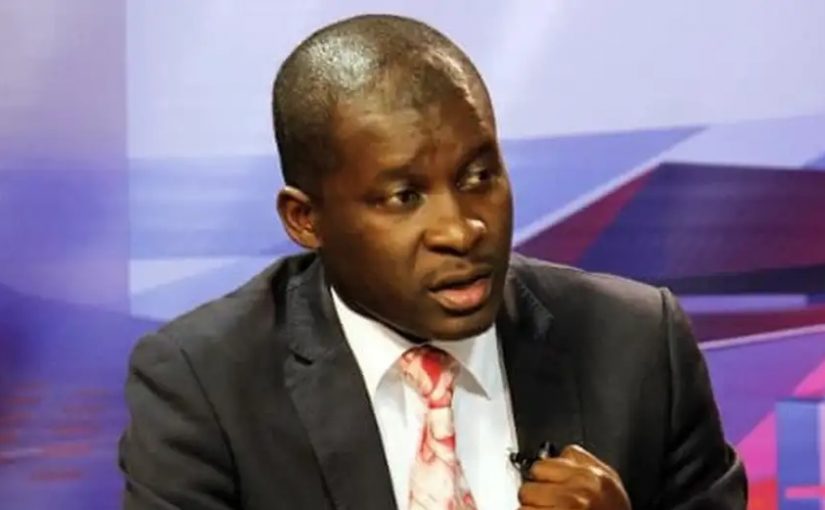
FILE - “It seems to me that we already have around 50 dead in Nampula province,” says Manuel de Araújo of the climate of tension in Mozambique following the announcement of the October 9 general elections results. [File photo: Quelimane Municipality]
- “We are very concerned about the current situation prevailing in Mozambique,” says Mayor of Quelimane and Renamo member Manuel do Araújo.
Violence in post-election protests in Mozambique has reached alarming dimensions. Manuel de Araújo, mayor of Quelimane and member of the Mozambican National Resistance party (Renamo), expresses concern about the situation and warns of the effects on the economy and the lives of Mozambicans. “If we’re not careful, we could bury ourselves, our economy and our country,” he warns.
In an interview with DW, Manuel de Araújo even fears a tragic outcome, “that the country’s map could change with the upheaval and use” of the current political context. The Mozambican politician also defends the importance of safeguarding the private sector, or risk sinking the economy.
This Wednesday (11-12) sees the end of the “Four by Four” phase of protests called by presidential candidate Venâncio Mondlane.
DW Africa: Another phase of demonstrations is ending. What do you have to say about how they are unfolding?
Manuel de Araújo (MA): We are quite concerned about the current situation prevailing in Mozambique, where it seems to us that, literally in some regions, in some districts and even in some cities, including the city of Maputo, there are indications that, in fact, power is in the streets. For example, we see the military and police submitting to the will of the protesters. It’s what I think is somehow a wise attitude to avoid conflicts and deaths. We are also concerned about the number of deaths.
DW Africa: The protests are heavily marked by uncontrolled violence as well.
MA: For example, it seems to me that in Nampula province we already have around 50 deaths. In the province of Zambézia, there was an escalation of the situation in the districts of Milanje, where the border was closed for a few hours, a few days. We also had a situation in Namacurra, where National Highway number 1 was closed at three points. One is in Namacurra, the other was in Alto Molócue, and we also had a worrying situation in Morrumbala, where, for example, the headquarters of the Frelimo Party was set on fire.
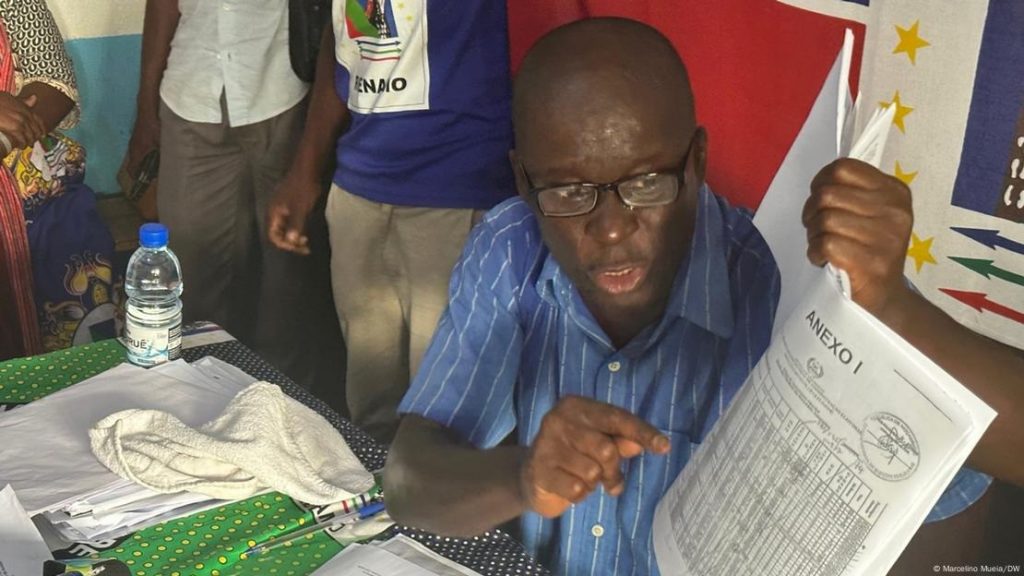
The court was also looted, [as was] the house of the police commander and other infrastructure. So we are seeing that we are reaching a peak.
DW Africa: The private sector, one of the biggest losers in the protests, asked the President of the Republic yesterday for political solutions to the crisis. Its collapse would be a severe blow to the fragile local economy, wouldn’t it?
MA: We cannot forget that the economy of any country is based on the private sector. The private sector is our fundamental ally. Now, if we destroy private property, we will be attacking our economy.
We will create more unemployment and these companies will also end up closing, and if they close, they will not pay taxes to the state. Now, how many years will it take us to recover?
In 1975, we declared the dismantling of the colonial state apparatus. To this day, 50 years later, we still haven’t managed to rebuild the state that we ruined, nor have we managed to build our own state. Then we had the 16 Years’ War, which also destroyed private and public infrastructure.
To this day, we still have not been able to recover this infrastructure. And now it seems that we are in the third phase of the dismantling of our state.
DW Africa: Based on the available elements, what scenarios do you foresee for the future of your country?
MA: If we’re not careful, we could be burying ourselves, our economy and our country. My fear is that Mozambique, just like this map of Mozambique that we have, could change with the upheaval and exploitation.
Let us not forget that we already have an armed conflict in the province of Cabo Delgado, and that could be a way of inviting young people, especially from Islamic areas, who are already frustrated with the results of the local elections on October 11, 2023, and now they are, for the second time, frustrated with the local elections on October 11, 2023, and now they are, for the third time, frustrated with the elections on October 9, 2024. Therefore, we need to pay close attention, because we could run the risk of not having Mozambique as we know it.


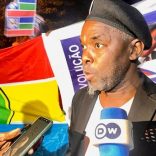

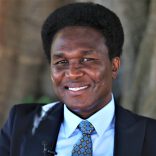
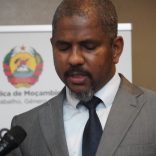
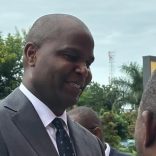
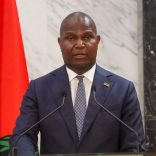




Leave a Reply
Be the First to Comment!
You must be logged in to post a comment.
You must be logged in to post a comment.